Oscar Wilde was born at 21 Westland Row in Dublin, Ireland, on October 16, 1854.
During his life, Wilde wrote at least 25 substantial works, and a number of them are certainly must-reads.
Wilde was in so many ways the archetypal Irishman: witty and a compelling teller of stories - with a sometimes mischievous disregard for the rules.
His books are a reflection of those personality trends and a unique insight into the thinking of this extraordinary Irishman.
Here are five books by Oscar Wilde that even those with a casual interest in Irish literature should read...
"De Profundis"
Dubbed “one of the greatest love letters ever written," "De Profundis" was sent by Wilde to his former lover Lord Alfred Douglas.
Although banned by the draconian prison regulations of the time from writing any more of the stories, plays, or poetry that had won him fame, prisoners were allowed to write letters and Wilde spent three months towards the end of his sentence writing and then revising his tract to Douglas.
At times vicious and petty in its appraisal of Douglas, it cannot be treated as a faultless portrayal of their relationship but it is widely considered an eloquent masterpiece and hauntingly compelling insight into Wilde’s life and times.
"The Ballad of Reading Gaol"
Wilde’s final and perhaps his saddest work, written from self-imposed exile in France, was penned as a memoir of his time behind bars for the crime of gross indecency. Prisons in Victorian Britain were an austere place and Wilde emerged a broken and forlorn shadow of his formerly exuberant self
During his two years languishing as a guest of Her Majesty, he was addressed only by the number of his prison cell, C.3-3, and his days were characterized by mind-numbingly tedious work, solitary confinement, and the bone-chilling experience of witnessing the prison prepare for execution. The poem’s dedication is to Charles Thomas Wooldridge, the dead man.
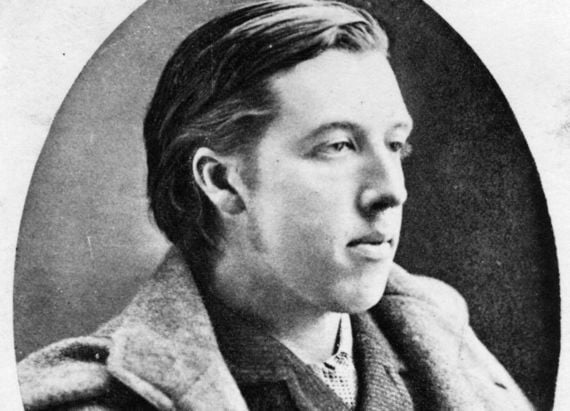
A young Oscar Wilde.
"The Picture of Dorian Gray"
Dorian, the protagonist, we learn, enjoys "keenly the terrible pleasure of a double life." He is at once a low-life murderer but also a member of the British upper class, able to flit from crime scene to high society event with ease.
Anyone with an interest in the concepts of beauty, wealth, and morality will find intrigue and humor in this ode to a young man who sells his soul in exchange for eternal youth.
Once considered a literary and commercial failure, the book aged well like a fine wine and has been adapted for the big screen many times.
"The Importance of Being Earnest"
An immortal tale of farce and mistaken identity, mixed with biting condemnation of Victorian society and romance.
The play’s original run marked the zenith of Wilde’s but its success was cut brutally short after Wilde’s conviction for gross decency. Although the play’s artistic merit was never in doubt people simply felt scandalized by the author’s behavior and it would be many years before the play reclaimed the popularity it was due.
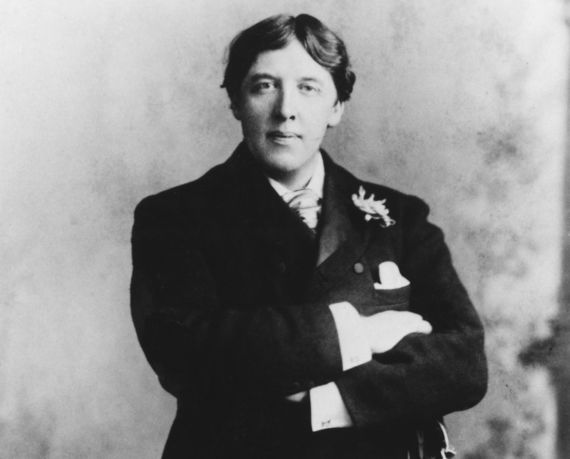
Oscar Wilde.
"The Happy Prince" and Other Tales
These five fairy tales were written for children but, much like "Harry Potter," are read and enjoyed by people across the generations.
The main story relates to that of a prince who, once dead, is immortalized as a towering statue of his kingdom. Only from his perch above does, he see the suffering of his people, and from beyond the grave, he sees to it that the poor are helped.
Many believe "The Happy Prince" is Wilde’s greatest work and it has been adapted for the stage, television, and radio again and again.
*Originally published in September 2017, updated in October 2025.
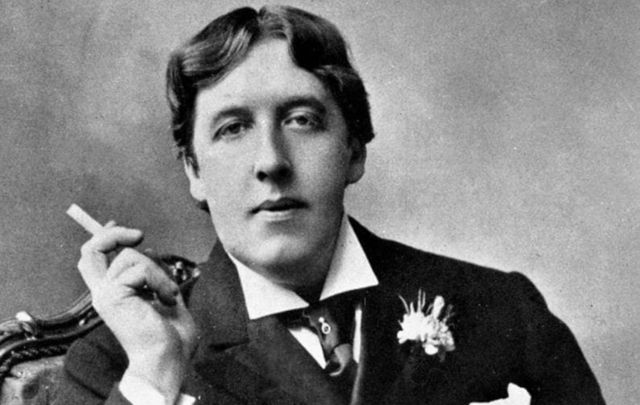
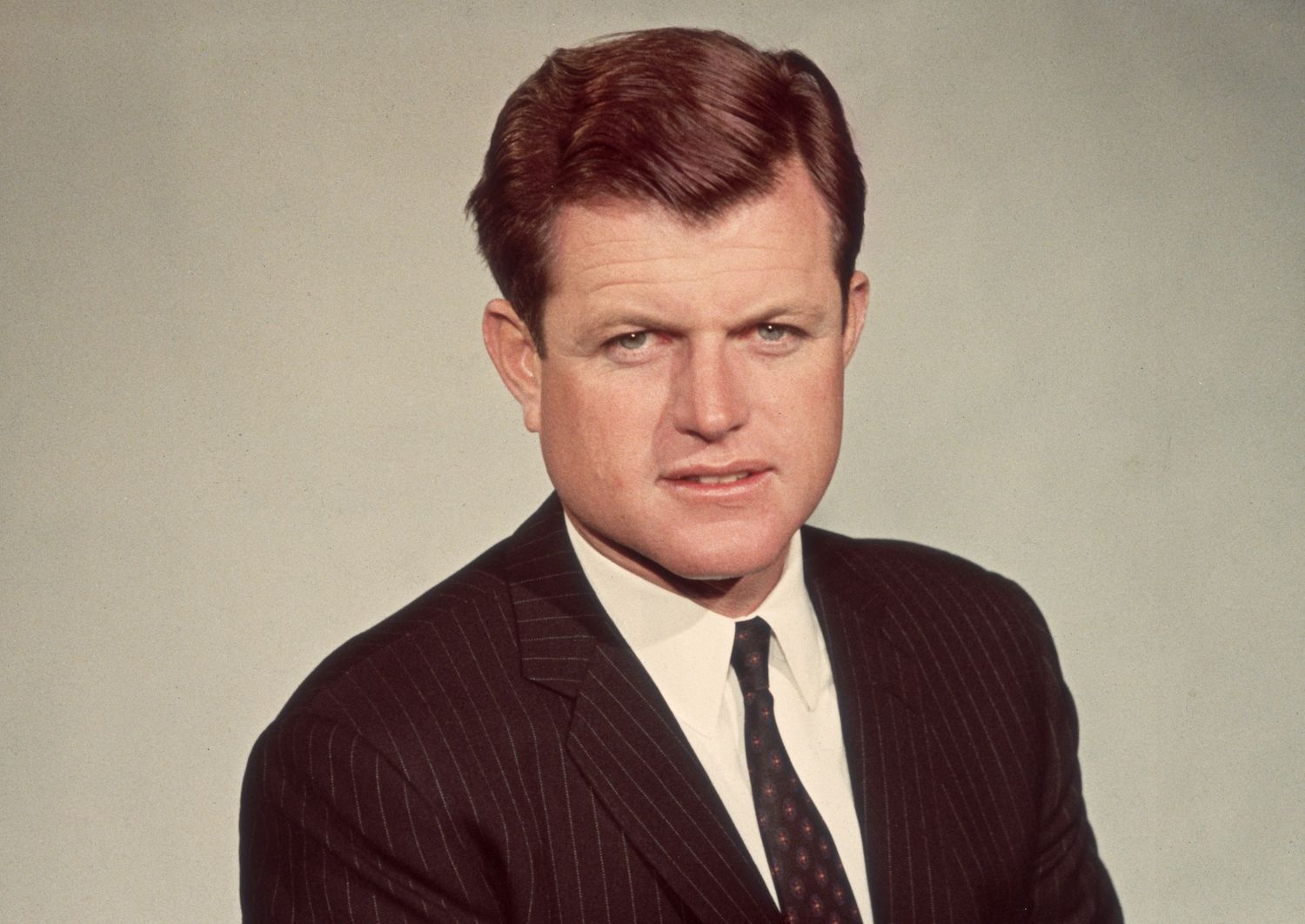
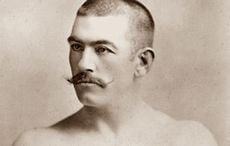

Comments